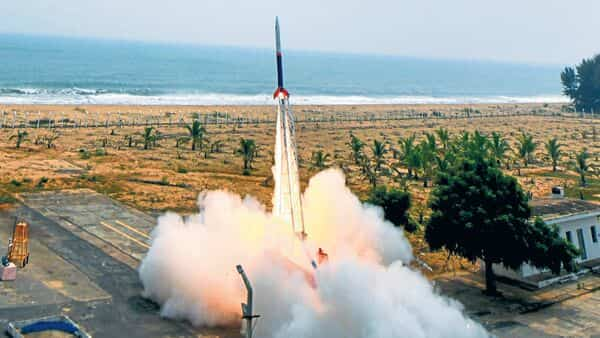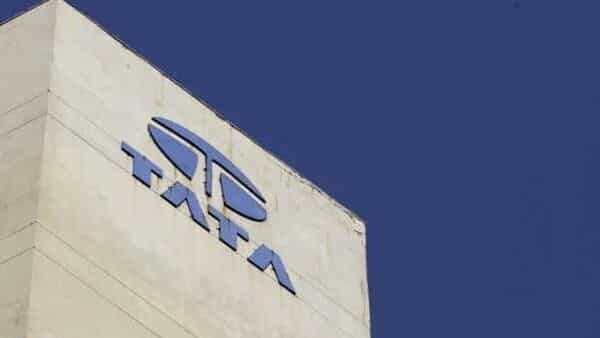[ad_1]
Space is set to become the next frontier for Indian startups with two homegrown companies, Pixxel and Dhruva Space, looking to build satellite assembly facilities.
While Bengaluru-based Pixxel is in the process of building a facility to assemble satellites, Hyderabad-based Dhruva Space said it is in the final planning stages, with construction expected to start early next year. Pixxel’s plant should be ready by the first half of next year, according to the company.
Others are also foraying into the sector. IIT-Madras-incubated Agnikul Cosmos has procured land in Chennai for its own test bed facility, while Bellatrix Aerospace has signed a memorandum of understanding with the Karnataka government to procure land for building a propulsion and thruster manufacturing facility.
The plans of Dhruva and Pixxel follow the successful launch of demonstrator satellites of both startups on the Indian Space Research Organisation’s (Isro) Polar Satellite Launch Vehicle (PSLV) on Saturday ahead of the start of potential commercial space projects in the future. Pixxel and Dhruva’s satellites were successfully deployed in their intended low-earth orbits.
Satellite manufacturing is an integral part of India’s plans for the space sector. The government’s liberalized space policy, said to be in the final stages of completion, is expected to allow local firms to take a larger share of the global space market. Currently, India has only a 2% share of the global space economy, Jitendra Singh, minister of state for science, technology and earth sciences, said in Parliament in August.
Pixxel and Dhruva Space are also part of a growing crop of homegrown private space startups that are launching the final trial phase of their products and services. On 18 November, Hyderabad-based Skyroot Aerospace became India’s first private firm to launch its own rocket. India’s upcoming space policy is expected to invite more participation from such startups, reducing the workload for Isro and boosting the domestic industry.
Awais Ahmed, chief executive of Pixxel, said the new facility would produce bigger satellites. The PSLV carried Pixxel’s satellite called ‘Anand’, a prototype of a similar satellite it plans to make in the future. Demonstrator satellites are smaller and lighter, while final versions will be more complex and hence larger and heavier.
“These small satellites are 15 kg in weight and work as demonstrators for the kind of high-resolution data and analytics that we can provide from our constellation. But, the final satellites that will be part of our constellation will be 50kg each, for which we would need a new facility — work on which will be completed by the first half of 2023,” Ahmed said.
Pixxel eventually plans to launch a total of 20 satellites, which will provide imagery data to study climate change, measure leaks in gas pipelines, and for other purposes. Meanwhile, Dhruva’s Thybolt-1 and 2 satellites, deployed by Isro, were precursors to the kind of satellites that it can build, said Chaitanya Dora, chief financial officer.
“We eventually plan to offer complete and indigenous manufacturing solutions for satellites, components and ground stations for companies. We’ve already received our first commercial contract worth ₹20 crore to build satellites, which requires us to step up our abilities,” he said, adding the company has sufficient capital to execute the first stage of the project. It will likely raise a fresh round next year, he said.
Download The Mint News App to get Daily Market Updates & Live Business News.
[ad_2]
Source link
John Miller has been writing about science, gaming, and tech culture for over a decade. He’s a top-rated reviewer with extensive experience helping people find the best deals on tech and more.



